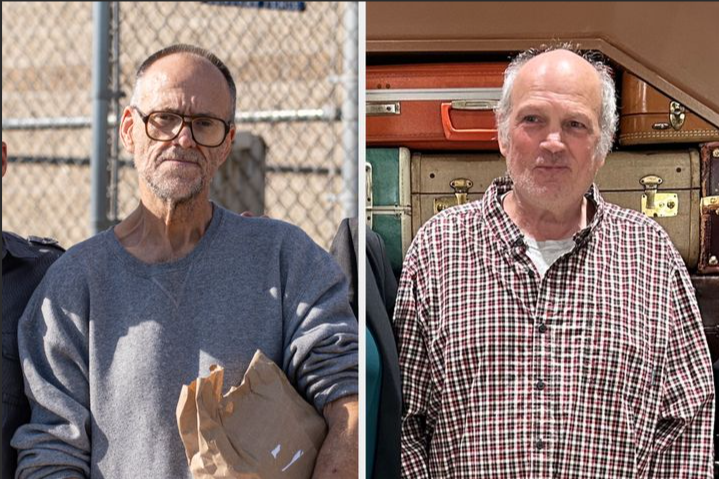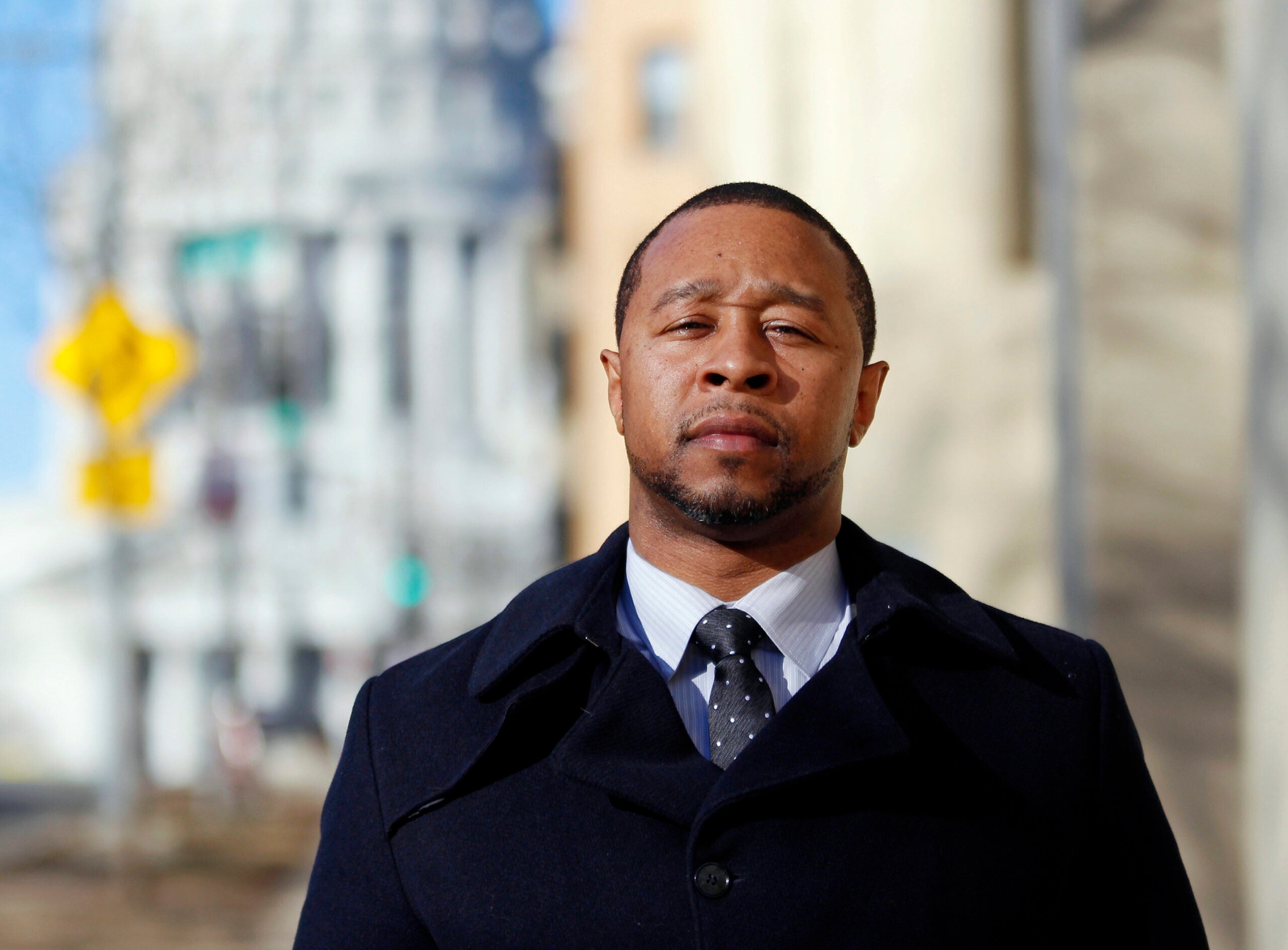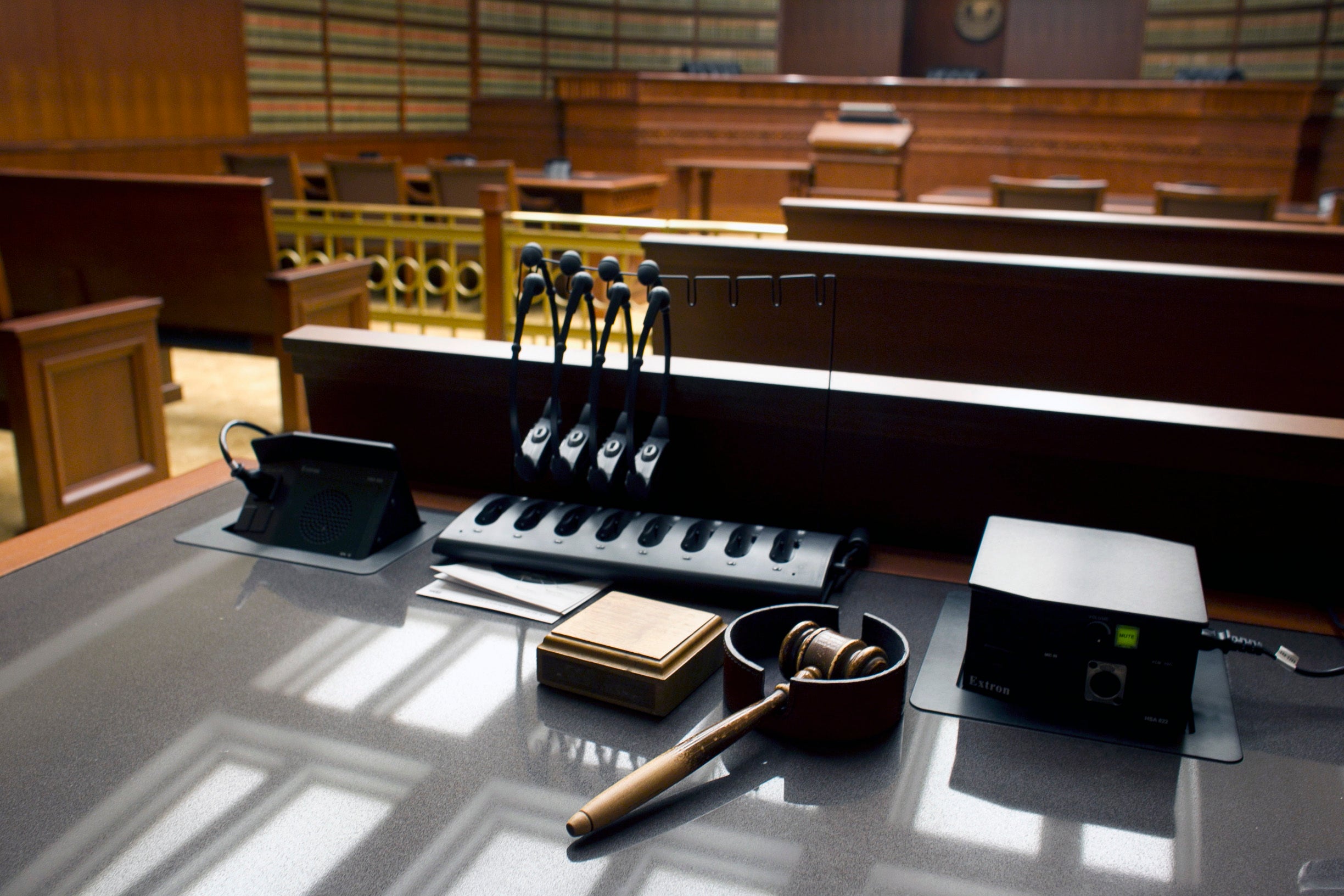A pair of brothers is asking the state for compensation after they spent 24 years behind bars for a Green Bay murder they didn’t commit.
David and Robert Bintz filed petitions late last week requesting about $2 million each from Wisconsin’s Claims Board.
The brothers were released from state prison last year after DNA evidence exonerated them of the 1987 murder of Sandra Lison.
News with a little more humanity
WPR’s “Wisconsin Today” newsletter keeps you connected to the state you love without feeling overwhelmed. No paywall. No agenda. No corporate filter.
State law sets a cap on compensation paid through the Claims Board to a wrongfully incarcerated person at no more than $25,000. For the Bintzes, that amounts to less than $1,042 for each of the years they wrongfully served in prison.
Petition asks lawmakers to approve compensation beyond cap set in state law
But the Claims Board can ask the state Legislature to approve pay-outs beyond that amount. That’s what the Bintz brothers are requesting in their petitions for just over $2.1 million each.
Jarrett Adams, the attorney who filed the petitions on behalf of the brothers, said after decades behind bars, the brothers have costly physical and mental health challenges.
“This ain’t a cash grab,” said Adams.”These are two men who deserve to be compensated and [have] closure and peace, and they don’t have that.”
Robert, who is 68 and goes by Bobby, is in a state-run assisted living facility, Adams said.
Meanwhile, 69-year-old David has been living in group transitional housing provided through the nonprofit Mountains of Hope, according to the petition.
“He’s at the age of retirement with nothing to retire on,” Adams said.
In an interview with WPR, Adams called the brothers’ situation “dire” and said he hopes the claims are approved quickly.
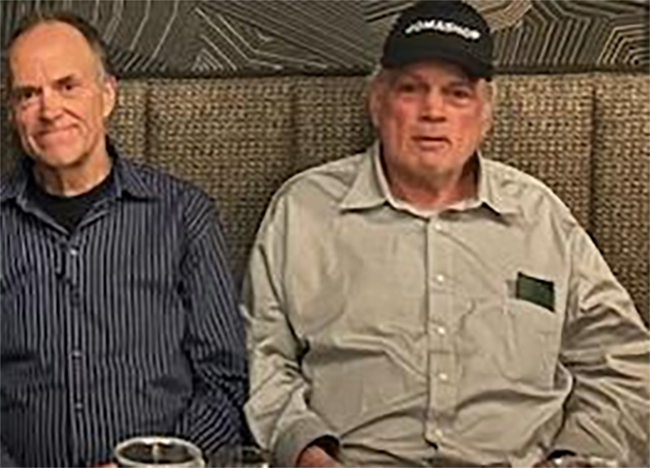
“In many ways, this is a medical crisis,” Adams said. “When it comes to Bobby and his care, he just had stomach surgery, he has COPD issues that he’s dealing with. When you’re in this prison for all of these years, you don’t get the best of care.”
According to the petitions, the brothers are struggling to adjust to life on the outside, after the state provided “no job training, skill building, or meaningful financial assistance to support” their reentry.
When Robert was released, he had little more than the items he had purchased from the prison canteen, according to the brothers’ attorney.
“Robert was left to navigate freedom with nothing but the items from his cell, a Coke, bag of barbecue chips, and a chocolate bar,” his petition says.
Beth Hardtke, a spokesperson for Wisconsin’s Department of Corrections, declined to comment on details in the Bintzes’ petitions, saying the DOC’s practice is not to comment on pending litigation.
In their petitions, the brothers ask to be compensated for their estimated lifetime costs of specialized care, including psychological counseling, medications, diagnostic testing and facility care.
The petition also requests about $130,000 each to compensate the brothers for attorney’s fees.
The brothers were exonerated with pro bono legal help from the Wisconsin Innocence Project and the Great North Innocence Project. If the pay-outs are approved, the brothers say they plan to give some of the money back to those nonprofits.
DNA evidence led to exoneration
Lison, a 44-year-old bartender at Green Bay’s Good Time Bar, was found dead in August 1987. Her body found in the Machickanee Forest was partially undressed, and investigators believed she had been sexually assaulted.
But for years, the case remained unsolved.
In 1998, David Bintz was serving time in prison for sexual assault of a child, when his cellmate told authorities he had been talking in his sleep about killing a woman.
David has an intellectual disability and Adams said he was “coerced” by police into signing a false confession, saying he and his brother, Robert Bintz, had killed Lison.
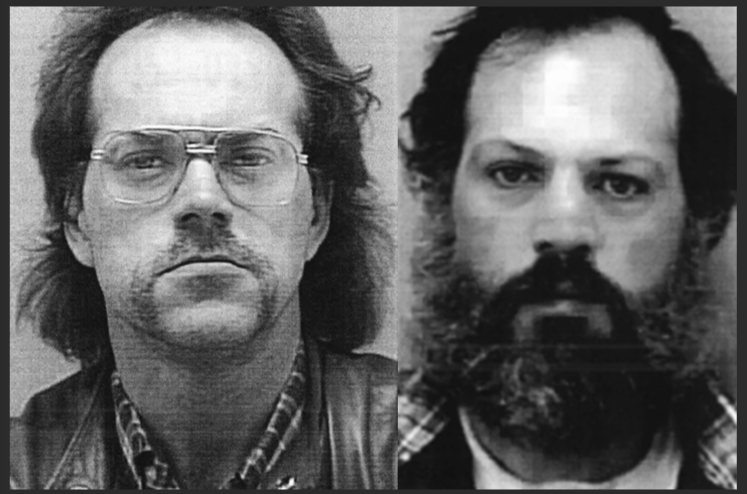
The Bintzes went to trail for Lison’s murder in 2000. By that time, DNA analysis had been done on blood and semen found on her body and clothes. That analysis showed those bodily fluids could not have come from either of the Bintz brothers. During the brothers’ trials, prosecutors argued that Lison had not been sexually assaulted by her murderer. Instead, they maintained the genetic material could have come from a consensual sexual encounter before Lison’s death.
After the brothers were convicted in 2000, Innocence Project investigators used additional testing to conclude that blood and semen samples found at the crime scene belonged to the same man. Investigators eventually used forensic genealogy — the process of mapping a genetic family tree — to narrow down the suspect to one of three men born to a Green Bay couple.
The Innocence Project zeroed in on one of those brothers, William Hendricks, as a possible perpetrator. Hendricks had a history of committing violent sexual crimes, and he had been released from prison before Lison’s murder.
After a judge granted a motion to reopen the case, Green Bay police collected DNA samples from one of Hendricks’ surviving brothers and from the son of his other brother who had died to exclude the other two brothers as suspects.
After authorities exhumed Hendricks’ body to analyze his remains, the Wisconsin’s State Crime Lab concluded there was only a 1 in 329 trillion chance the DNA connected to the crime could have belonged to anyone other than Hendricks.
“In plain English: William Hendricks raped and murdered Sandra Lison — not the Bintz brothers,” the Bintzes’ petition explains.
Hendricks died in 2000, the year the Bintz brothers went to prison for Lison’s murder.
Wisconsin Public Radio, © Copyright 2025, Board of Regents of the University of Wisconsin System and Wisconsin Educational Communications Board.

